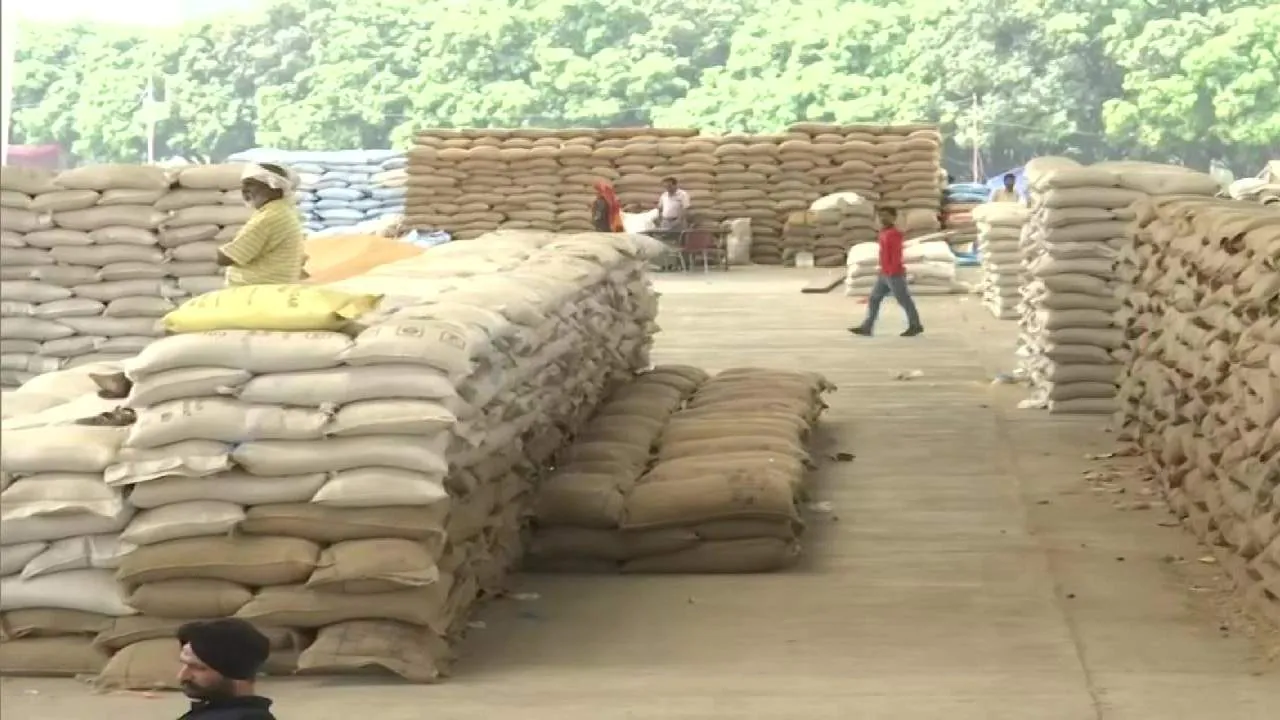The Narendra Modi administration has prohibited all wheat exports only a day after statistics revealed annual consumer price inflation touched a near eight-year high of 7.79 percent in April, with retail food inflation even higher at 8.38 percent.

With effect from May 13, all wheat exports, including high-protein durum and typical soft bread kinds, have been switched from “free” to “prohibited.”
There will be two types of shipping authorised from now on. The first is “on the basis of authorization provided by the Indian government to other nations to address their food security needs and on their governments’ request.” The second category is exports under transitional conditions, in which irrevocable letters of credit were provided “on or before the date of this announcement, subject to the submission of documented proof as stipulated,” according to a late Friday department of commerce notification.
There will now be two types of shipping accepted. The first is “on the basis of permission provided by the Indian government to other nations to address their food security needs and based on their governments’ requests.” The second category is exports under transitional arrangements, in which irrevocable letters of credit were provided “on or before the date of this announcement, subject to submission of documented proof as stipulated,” according to a late Friday department of commerce notification.
Surprisingly, the Department of Commerce only issued a press release on Thursday about the Centre sending trade delegations to nine countries – Morocco, Tunisia, Indonesia, the Philippines, Thailand, Vietnam, Turkey, Algeria, and Lebanon – “to explore possibilities of increasing wheat exports from India.” The fact that the export embargo was announced only a day later demonstrates how quickly the situation has changed.
The government’s initial export predictions did not account for production losses caused by a rapid rise in temperatures beginning in mid-March, which damaged the standing wheat crop at the critical “dough” stage. The wheat kernels accumulate carbohydrates, protein, and other dry matter during this period, with maximum temperatures ideally in the early 30°C range to allow for good grain filling and weight increase. However, temperatures of 35 degrees in mid-March and 40 degrees at the end of the month caused the grains to ripen and shrivel prematurely.
Wheat farmers gathered 15-20% less grain than last year in most regions of the nation, with the exception of Madhya Pradesh, where the crop is ready for harvesting by mid-March. According to the Indian Express, the government’s own internal revised projection of wheat output for 2021-22 is now 95 mt, the lowest since 2015-16’s 92.3 mt.
Approximately 4.5 million tonnes of exports have already been negotiated for the current fiscal year. In April, 1.5 mt was exported out of that total. It’s unclear how much wheat was shipped in the previous month before the prohibition took effect, or how much would be covered under the interim provisions.
Farmers who have held back their harvest in anticipation of higher prices in the months ahead may be forced to sell to government agencies at the MSP as a result of the export prohibition.
The prohibition was justified by the department of commerce, noting “a rapid surge in world wheat prices originating from a variety of circumstances, putting India’s, neighbouring, and other vulnerable nations’ food security at danger.”
It also sought to deflect criticism over the policy shift – from claiming to be able to “feed the world” in the aftermath of the Russia-Ukraine conflict to abruptly suspending all shipments – by reiterating the government’s commitment “to providing for the food security requirements of India, neighbouring and other vulnerable developing countries that are adversely affected by the sudden changes in the global market for wheat and are unable to access adequate wheat.”

